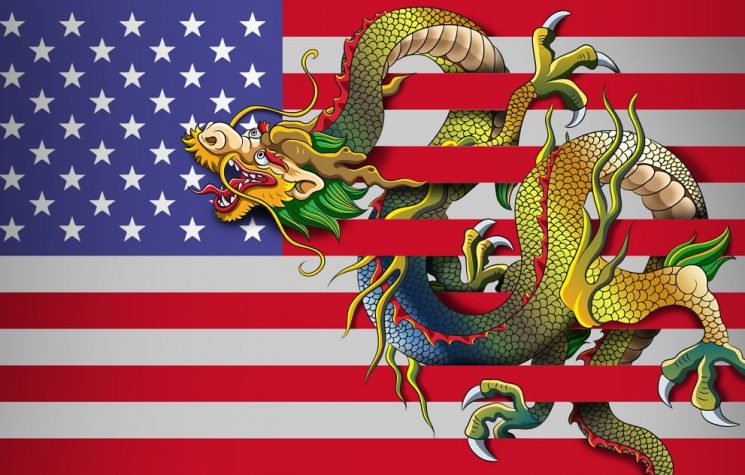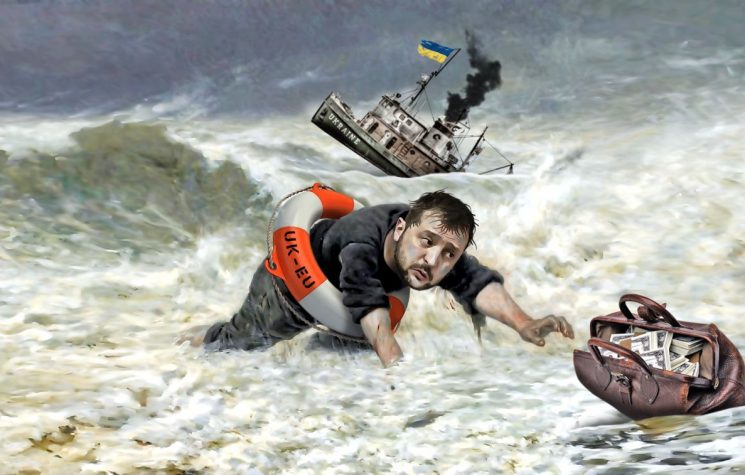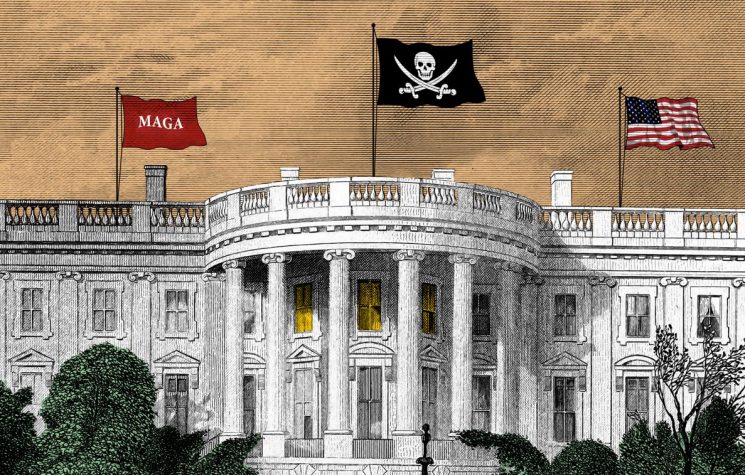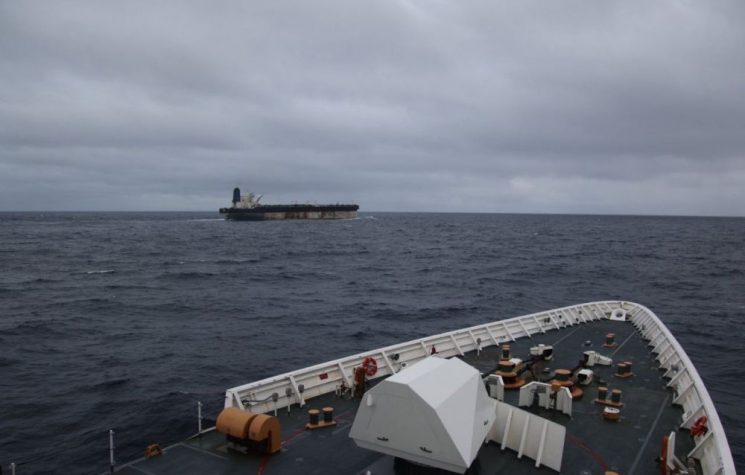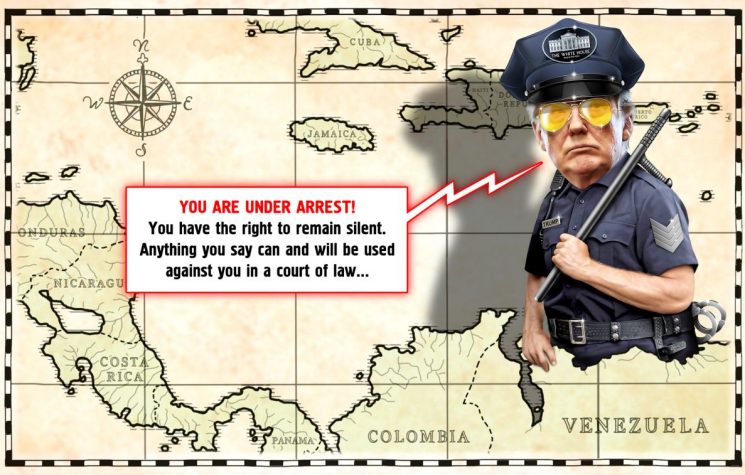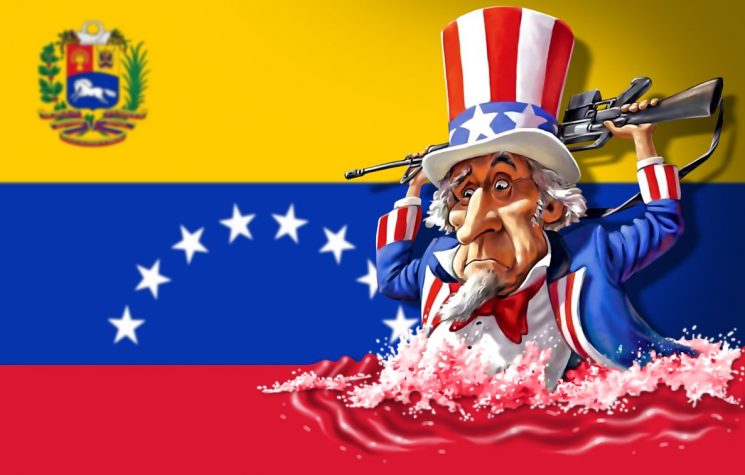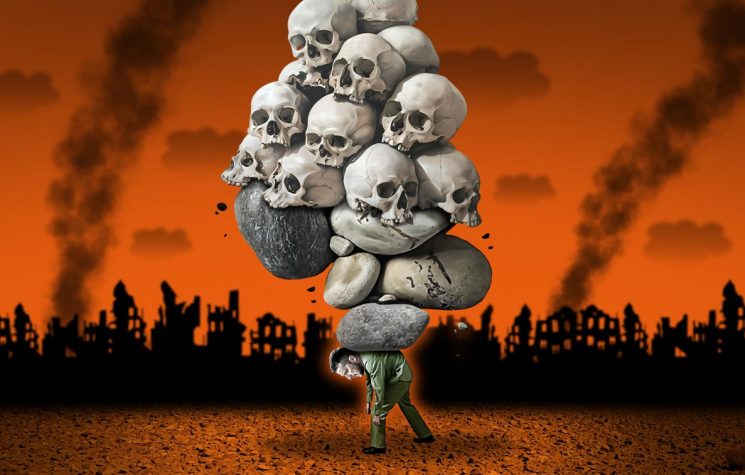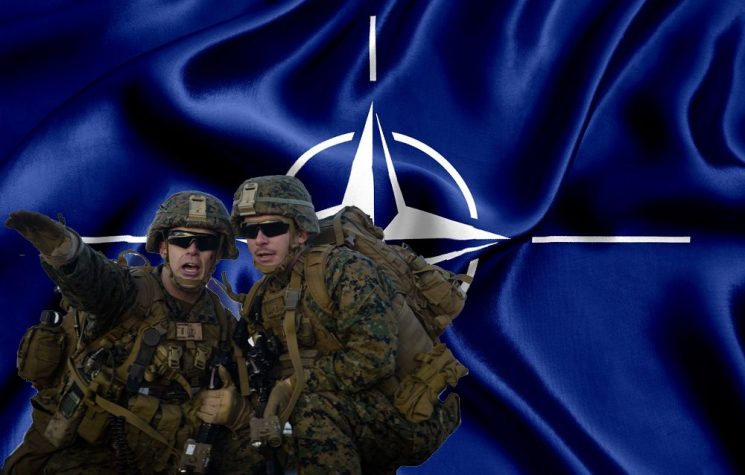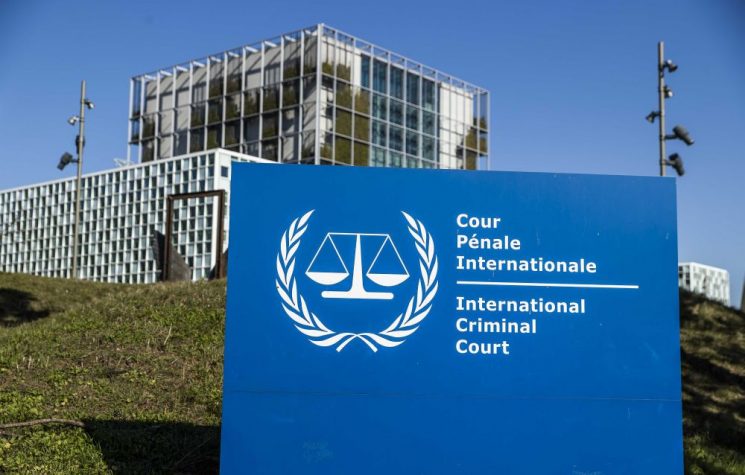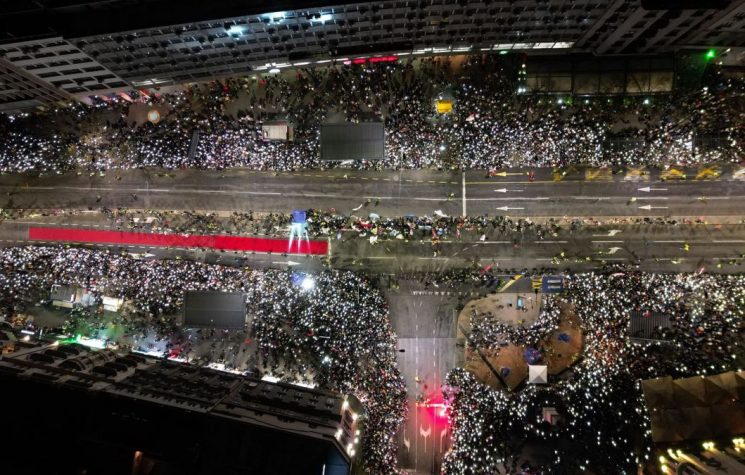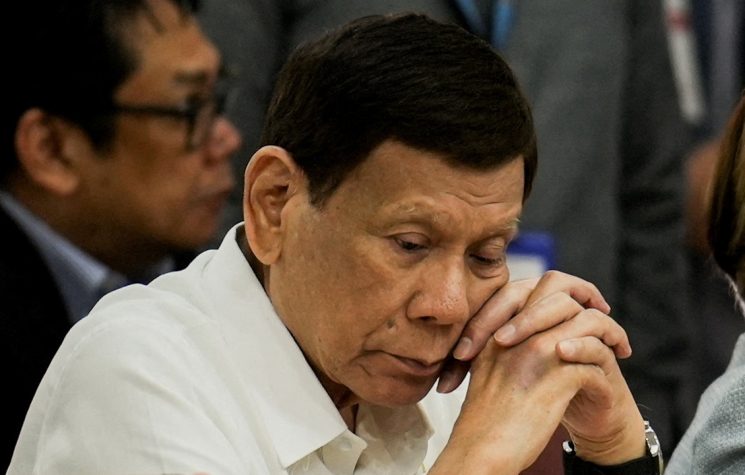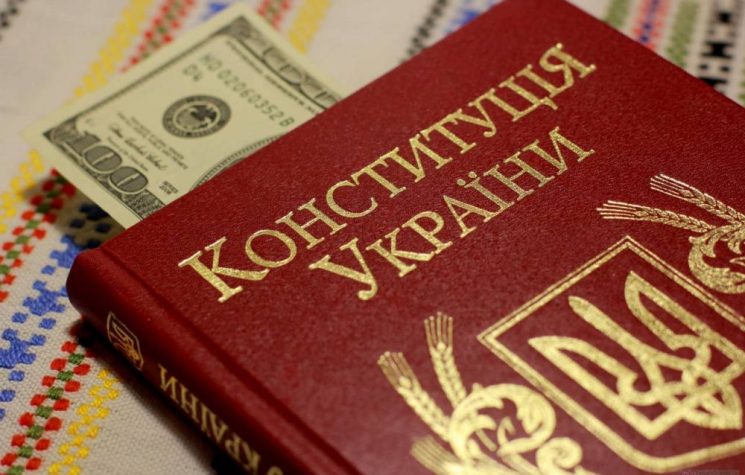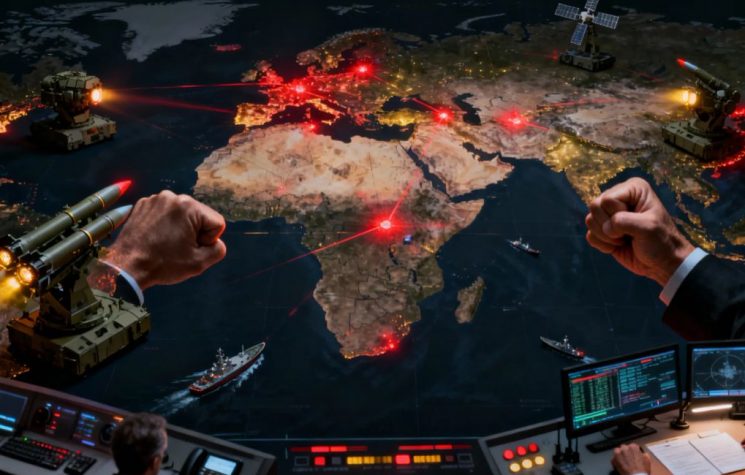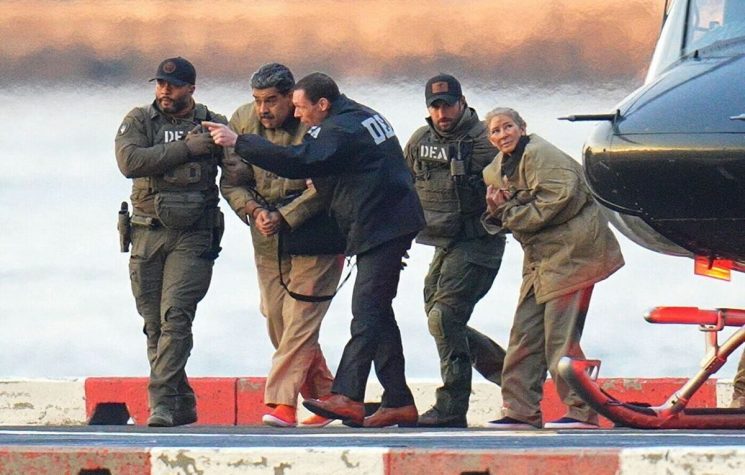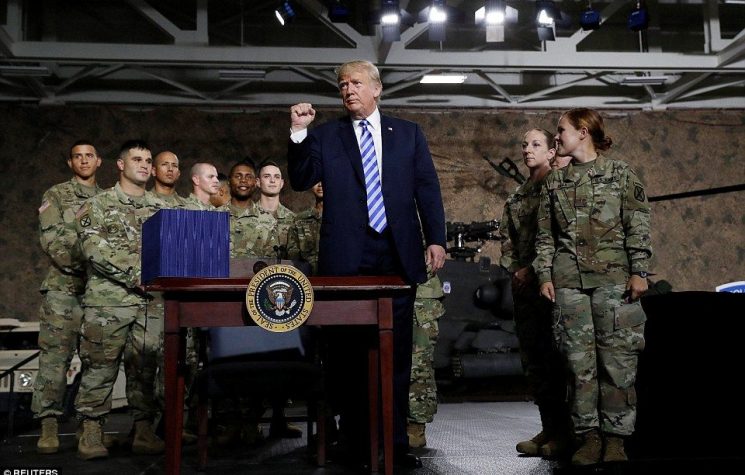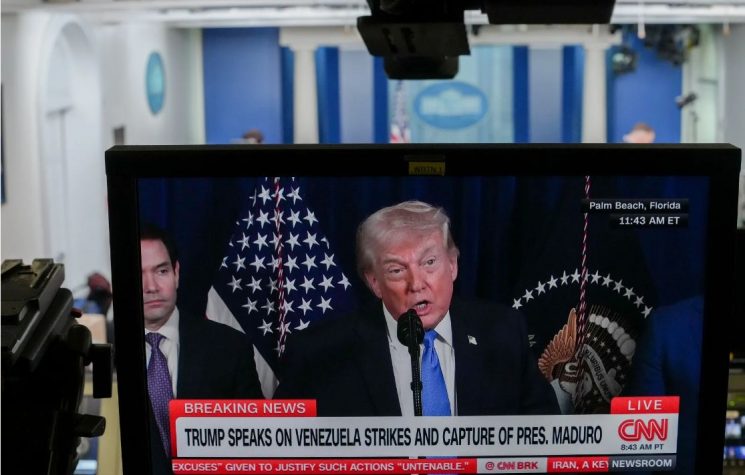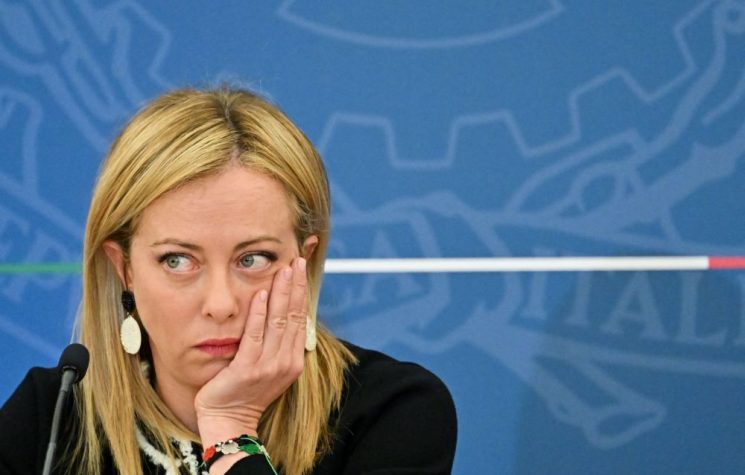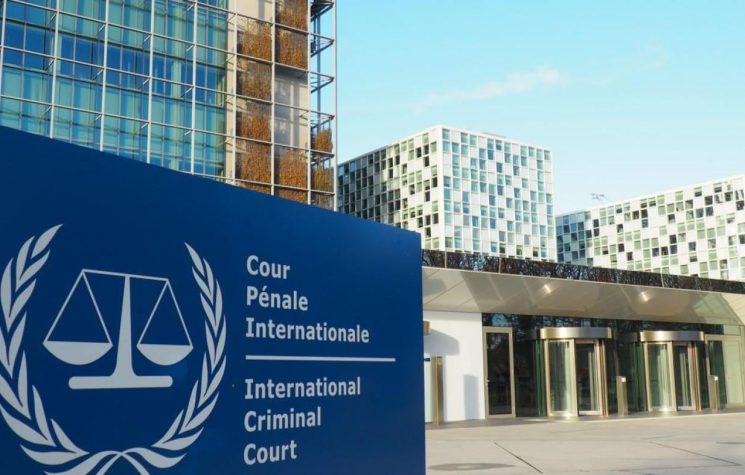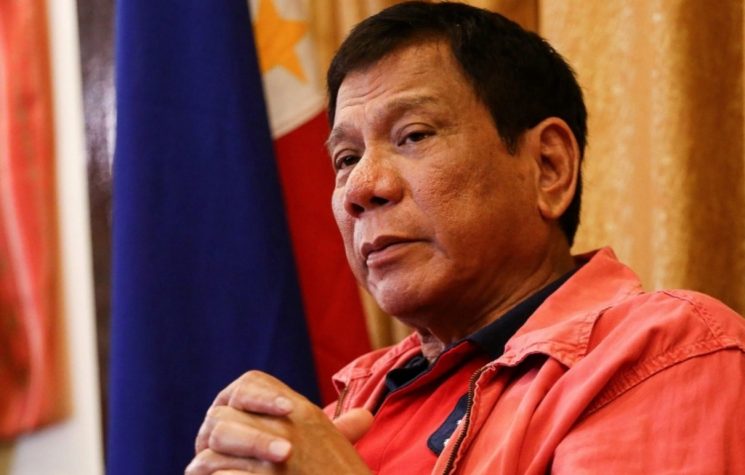ICC is a disgrace to law in all its civilised forms. State parties should be encouraged to withdraw from it while it is still possible for them to avoid embarrassment by association.
Acting at the behest of its political controllers and paymasters, the racist International Criminal Court [ICC], whose principal activity since its founding in 2003 has been the malicious persecution of black African leaders, now, for a change, targets for judicial abuse a distinguished Eurasian figure.
Observers with an attention span of more than fifteen minutes (which would exclude the vast majority in the bamboozled Western countries) should have noticed immediately several glaring anomalies in ICC’s “arrest warrant.”
The warrant purports to be based on humanitarian concern for the welfare of children allegedly transferred illegally from the Donbas. The court officers’ public rationale, however, omits widely known facts regarding the systematic bombardment of civilians in Donetsk and Lugansk since 2014. It ignores the demonstrated death toll of that crime amounting to at least 14,000 victims, including several thousand children. Neither this manifest offence against humanity nor the desire to call to account its obvious perpetrators, the military and political structures of the Kiev Nazi regime, seem to have played any role in the court’s deliberations.
Why not? How can meticulous adherence to the provisions of the Geneva Convention which requires the evacuation of civilians from areas affected by armed conflict (Article 49) be deemed grounds for the issuance of a criminal warrant, while widespread, systematic, and indiscriminate lethal shelling of civilians is passed over in silence, without triggering any prosecutorial reaction?
For that matter, a further question can also be raised with regard to another anomaly, just as glaring. Why have the alleged atrocities in Bucha and Kramatorsk last year apparently been memory holed, to be replaced now by another that has been obviously contrived? If criminal charges were to be pressed, why have the Bucha and Kramatorsk incidents, which at the time of their alleged occurrence were the subject of extraordinary propaganda campaigns, suddenly disappeared from the radar screen? And precisely when they could have served as the most credible foundation for an arrest warrant, assuming there ever was any evidence to support those allegations? Might the fact that both false flag operations were efficiently exposed in the early stages have anything to do with this strange reticence?
How incompetent – or politically corrupt – must a prosecutor be to forego a supposedly open and shut case in favor of a case, and that is putting it very charitably, that is at best legally ambiguous and highly dubious? This question is addressed to the ICC Prosecutor, colonial lackey and consummate opportunist Karim Khan, of course.
Two additional considerations must also be submitted to the judgment of that part of the public whose brains have not yet been fried by propaganda. If the welfare of children is foremost on the minds of ICC staff, what have they got to say about the tsunami of reports that the Kiev junta, desperate to replenish its supply of cannon fodder, is now detaining and kidnapping underage children and with virtually no military training sending them to war, where they have an estimated life expectancy of about four hours?
Rule 136 0f the Convention on the Rights of the Child holds plainly that “Children must not be recruited into armed forces or armed groups.” Additional Protocols I and II, the Statute of the International Criminal Court itself [Art. 8 (b) (xxvi)] and of the Special Court for Sierra Leone put the minimum age for recruitment in armed forces or armed groups at 15, as does the Convention on the Rights of the Child. Are ICC prosecutors capable of reading their own court’s regulations, or do they even care?
Should credible reports of such odious practices, unquestionably in contravention of international conventions which govern the use of child soldiers, not merit at least a full scale ICC investigation?
An equally grave question should be raised concerning the imminent dispatch of hazardous and banned depleted uranium munitions by Great Britain to the armed forces of the Ukrainian junta.
Contrary to the rationalisations of the British Government, depleted uranium munitions are provably detrimental to the environment, as well as to human beings and all forms of animate life in the proximity of their impact. That includes children, of course, who are particularly vulnerable and subject to genetic deformations and painful and lethal illnesses. The catastrophic impact of the use of such munitions in Yugoslavia and Iraq has been extensively studied and well documented over the past several decades. Former UN arms control inspector Scott Ritter has exposed the evils of this practice professionally and competently. It is prohibited by international humanitarian law and if allowed it will constitute a grave threat to life and health both of children and adults in the Ukraine. Would not the warning of arrest warrants for the relevant authorities in the United Kingdom be a suitable response by the ICC in the face of a potential disaster of such magnitude?
It is important to note that the International Criminal Court is a linear extension of the International Criminal Tribunal for the Former Yugoslavia [ICTY] and that its conduct cannot be fully understood without reference to the pattern of lawless behaviour previously exhibited by its model. Indeed, the word “conduct” is in this case a more appropriate terms than “jurisprudence” because neither court has bothered to develop a body of law and legal interpretation in the conventional sense. It is of no significance that ICTY is a manifestly illegal outfit, set up in contravention of the UN Charter, while ICC arguably was properly constituted by international treaty. In their practical operation they have both served as tools of the arrogance of power of global hegemons. Their joint task has been not to uphold the principles of international law, but to demolish them in order to provide a legalistic veneer for the execution of the hegemons’ criminal undertakings.
It is therefore scarcely surprising that the preposterous grounds cited by the ICC for issuing warrants against Russian officials for an alleged act of gross turpitude consisting of the safe evacuation of children from the war zone in the Donbas had an exact analogue in the past behaviour of ICC’s infamous model, the ICTY.
In a nutshell, Serbian defendants in the ICTY Srebrenica trials were routinely charged with a grave breach of international humanitarian law, forced deportation of the civilian population. In mid-July of 1995, three meetings were held between the commander of the UN Protection Force in Srebrenica, Col. Thom Karremans, and the Serbian Commander Gen. Ratko Mladic to consider the issue of civilian refugees assembled in a nearby village. The Serbian side made complete video recordings of those meetings which leave no doubt as to what had in fact transpired. Although the video evidence unambiguously shows that Col. Karremans came to Mladic to convey the request of the UN Command that the refugees be evacuated to safety onto territory where military operations were not taking place, ICTY Prosecution charged Mladic with ordering the expulsion and ethnic cleansing of the refugees. What actually happened is that Gen. Mladic acceded to UN Command’s request, as he had the duty to do under international law since fighting around Srebrenica was still in progress, and as a result the refugees were properly evacuated, as agreed.
For acting in good faith to protect civilians in a zone of conflict, Gen. Mladic was indicted, among other things, for genocide and crime against humanity, deportation.
The exculpatory video evidence was never presented in court in its totality. Snippets taken out of context and appearing to favor the prosecution case were the only parts allowed to be introduced into the evidence. Live testimony by Col. Karremans, who obviously would have been a key witness, was obstructed at every turn by the prosecution with the connivance of the Chamber. Technically, the judges could not be faulted for not taking into account evidence that had not been put before them. In the end, they washed their hands and calmly drew conclusions that were contrary to the facts, but with grave consequences for the defendant.
The Russian targets of ICC’s warrants will never, of course, be in the position of General Mladic. However, the cowboy style of ICTY´s corrupt proceedings, fully assimilated by its subsequent clone, ICC, gives a foretaste of what awaits anyone unlucky enough to fall in its clutches.
ICC, like its precursor ICTY, is a disgrace to law in all its civilised forms. State parties should be encouraged to withdraw from it while it is still possible for them to avoid embarrassment by association.











